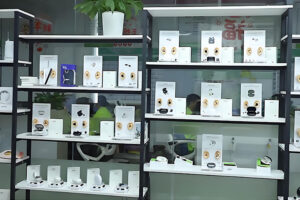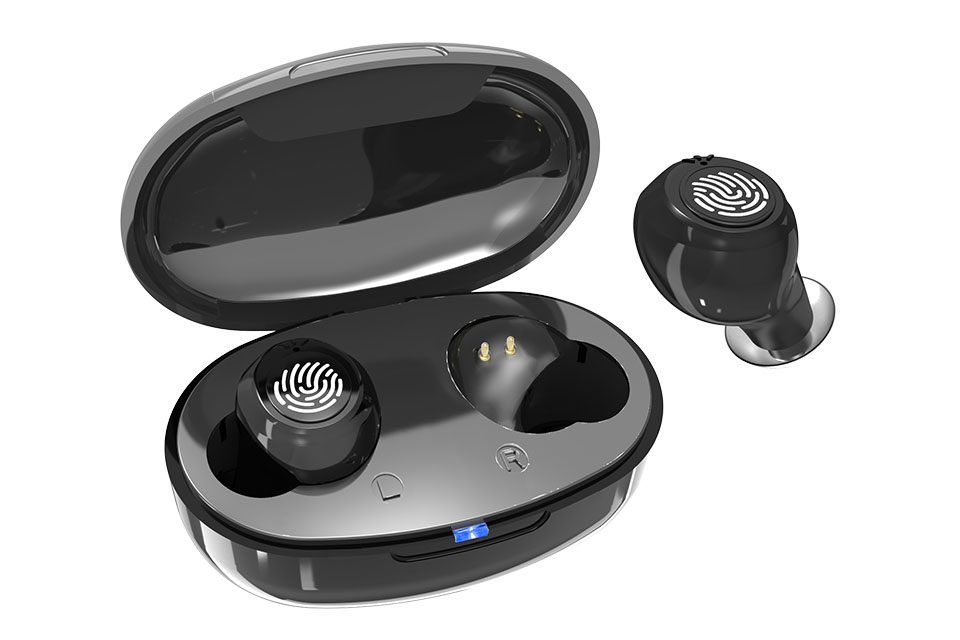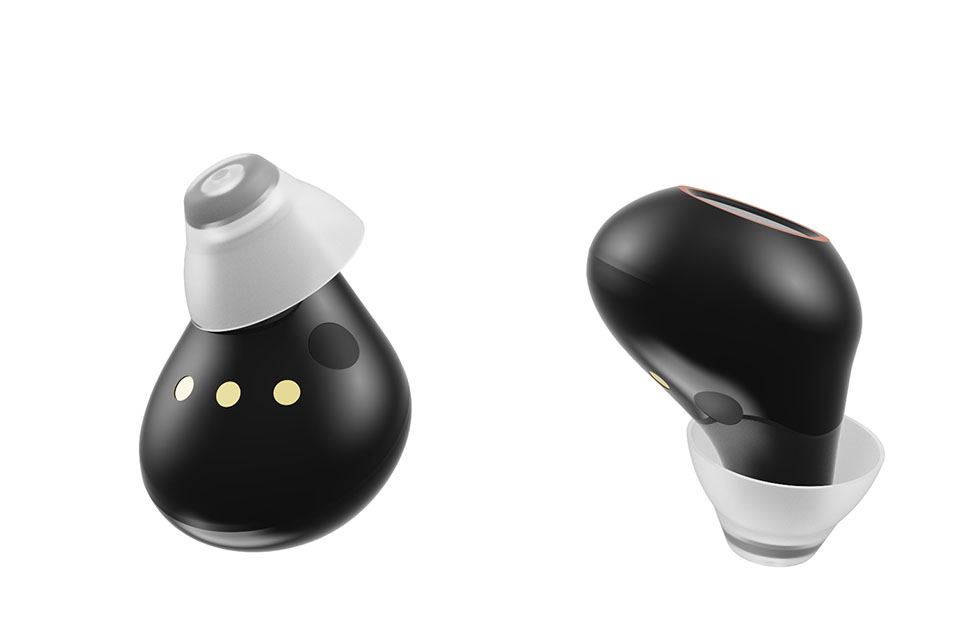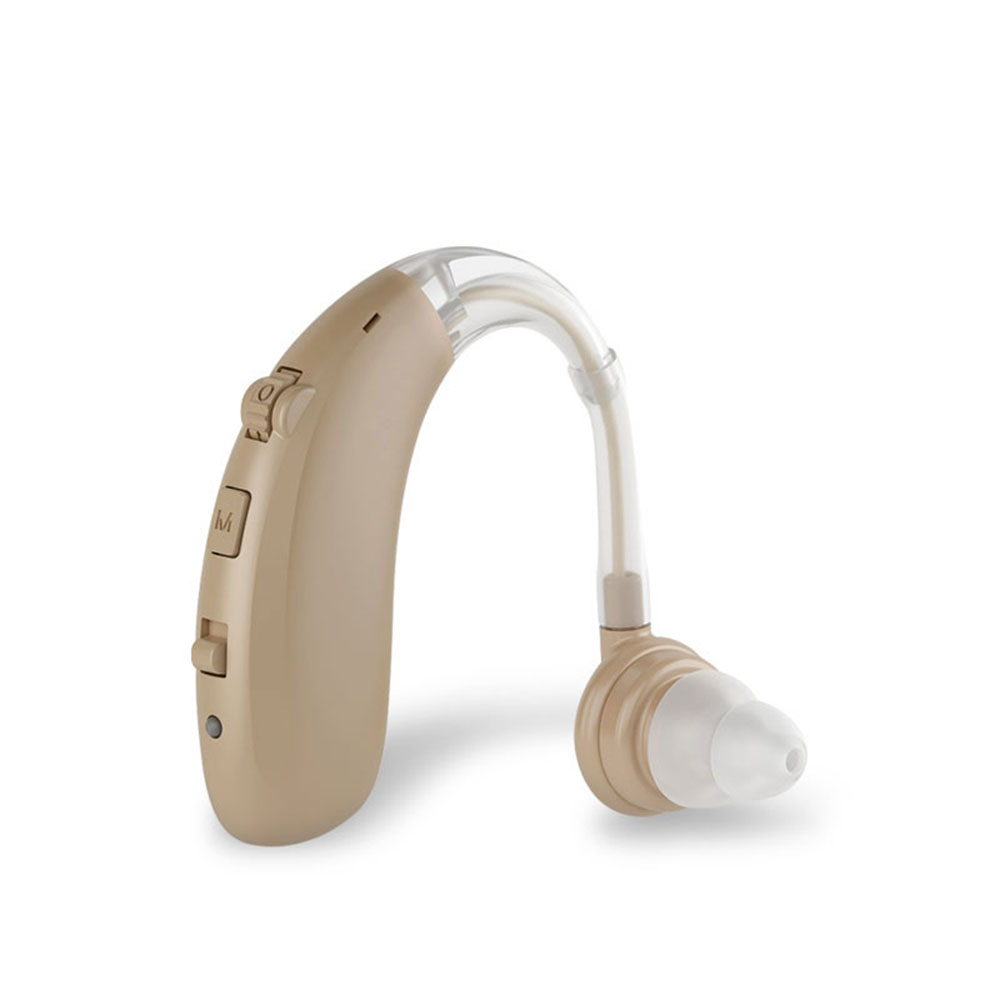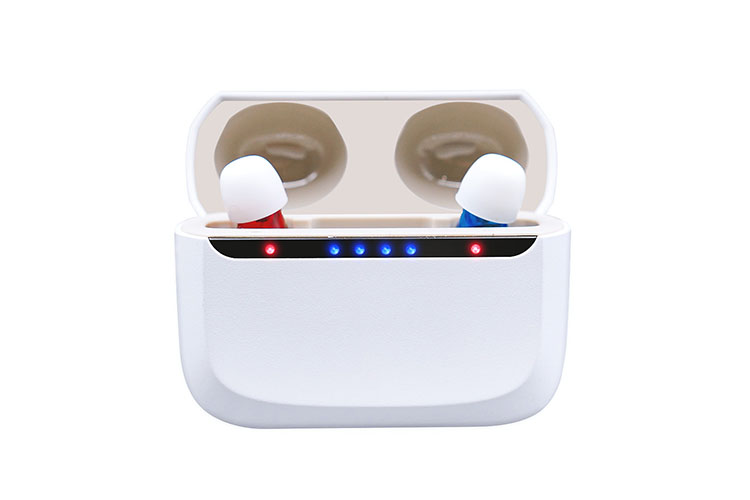Do you or someone you love need help hearing? Let’s talk about hearing aids. You do not always need to visit a doctor or see an audiologist to buy hearing aids. Thanks to new rules in the United States, you can now get over-the-counter (OTC) hearing aids. These help adults with mild to moderate hearing loss.
What Is an Over-the-Counter (OTC) Hearing Aid?
OTC hearing aids are special devices for adults with perceived mild to moderate hearing loss. This means you notice you can’t hear well in noisy places like restaurants. You do not need a prescription. You do not need to see a doctor. You can walk into a store or click to buy online. These are safe because the FDA (Food and Drug Administration) says they must follow the rules.
- OTC hearing aids are easy.
- You buy them from the store.
- You buy them from a website.
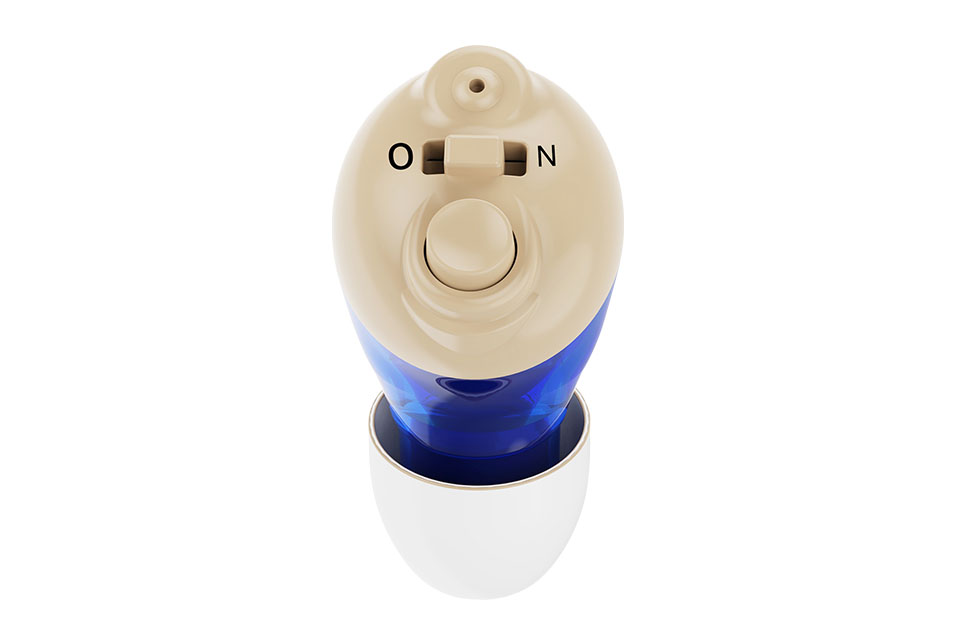
How Are They Different from Prescription Hearing Aids?
- Prescription hearing aids need: a doctor or audiologist test. They fit and adjust them for you.
- OTC hearing aids need: your own choice. No doctor visit. You can adjust and fit them by yourself.
How Can You Get Hearing Aids Without a Doctor?
Where Can You Buy OTC Hearing Aids?
You have lots of choices.
- Online: Buy from China Hearing Aids Factory, Amazon, or other brand websites.
- Stores: Pharmacy stores like CVS, Walgreens, or Walmart.
- Warehouse clubs: Some places like Costco also sell them.
Want to know more about the styles and choices? Check out Hearing Aid By Types for options like BTE, ITE, RIC, and CIC hearing aids.
How Does It Work?
Is This Path Right for You? Let’s Look at the Good and Bad
Why People Like OTC Hearing Aids:
- Easy and fast.
- Lower cost than doctor path.
- No need for a prescription.
- Try at home.
What You Need to Watch Out For:
- Only for perceived mild to moderate hearing loss.
- No professional test. Maybe you have a bigger problem.
- No custom fit.
- You might be missing another ear issue.
- You may need more help, and these may not be perfect in all places.
Take a look at this quick table:
| OTC Hearing Aids | Prescription Hearing Aids |
|---|---|
| No doctor needed | Doctor needed |
| Self-fit | Fitted by an audiologist |
| Lower cost | Higher cost |
| For mild/moderate | For all levels of hearing loss |
When Should You Talk to a Doctor?
Do not wait if you see these signs:
- Sudden hearing loss.
- Ear pain or drainage.
- Dizziness.
- Ear looks different.
- Big earwax blockage.
The FDA says these red flags mean you must see a doctor or ENT specialist.
You should always talk to a professional if:
- Your hearing loss seems very bad.
- You cannot hear even with an OTC device.
- You have ringing in your ears (tinnitus).
- Your hearing loss happened very suddenly.
How Do Regulations and Safety Rules Help?
The FDA has made rules to keep OTC hearing aids safe. When you buy one, look for FDA registration on the package. They do not “approve” each model the same way as medicine, but they must meet safety standards.
Why So Many People Never Get Hearing Aids
Even though 30 million Americans have hearing loss in both ears, only about 20% use hearing aids. Most say hearing aids cost too much. Some people do not want to go to the doctor or do not know how to get help. OTC hearing aids can make it easier.
How Much Do Hearing Aids Cost?
| Hearing Aid Type | Cost for a Pair |
|---|---|
| Prescription Hearing Aids | $4,000 – $6,000+ |
| OTC Hearing Aids | $800 – $3,000 |
Source: Industry and consumer reports, 2024
- • High Cost
- • Lack of Insurance Coverage
- • Access to Professionals
- Increased Accessibility & Convenience
- Significantly Lower Cost
- No Mandatory Medical Exam or Prescription
- Direct-to-Consumer Purchase Options (Online, Retail)
- Self-Fitting / App-Based Adjustments
- Only for *perceived* Mild to Moderate Loss
- No Professional Diagnosis or Custom Fitting
- Risk of Misdiagnosis or Underlying Medical Issue
- Less Customization for Complex Needs
- No Ongoing Professional Support
- Sudden hearing loss (in one or both ears)
- Pain or discomfort in the ear
- Fluid, pus, or blood coming from the ear
- Dizziness, vertigo, or balance issues
- Hearing loss after head injury
- Significant earwax buildup or foreign object in ear
- Unilateral hearing loss (worse in one ear)
- Ringing in ears (tinnitus) that is severe or worsens
An active 70-year-old with perceived difficulty hearing conversations in noisy restaurants (no other symptoms) tried an OTC hearing aid. After app-based adjustments, they reported noticeable improvement in specific challenging environments. They had NO medical “red flags”.
✔ Good Fit: Mild, perceived loss, no red flags.
A person experiencing sudden hearing loss in one ear bought an OTC aid immediately. Their loss was due to a treatable medical condition (e.g., ear infection or sudden sensorineural hearing loss) that required prompt medical intervention, which was delayed because they didn’t see a doctor first.
✖ Risky: Sudden loss is a red flag! Requires immediate medical attention.
Do OTC Hearing Aids Work?
Research shows they can, if your hearing loss is not very bad. Many brands use digital signal processing (DSP) and even Bluetooth or APP-control technology just like prescription devices. Some people say they like the freedom to order, fit, and use them at home.
Company Spotlight: China Hearing Aid Factory
I am proud to tell you about us at China Hearing Aid Factory. We are a leading digital hearing aid manufacturer. With over 10 years’ experience, we make 3 million units every year! We use the newest tech—Bluetooth and DSP chips—to give you high-quality, affordable hearing aids. We are ISO-certified. We offer OEM and ODM services for big and small needs. We ship worldwide!
Need help for your shop or business? We offer low cost hearing aid solutions, including Bluetooth Hearing Aids and Rechargeable Hearing Aids. Learn all about our digital options at Digital Hearing Aids.
Easy Choices, Many Options
Still not sure? Look at some types you can get without seeing a doctor:
- In-Ear Hearing Aids
- RIC Hearing Aids
- Invisible Hearing Aids
- Noise Reduction Hearing Aids
- App-Controlled Hearing Aids
- Small Rechargeable Hearing Aids
Find all your choices at Hearing Aid By Features.
Real-Life Stories
Case 1:
Jane, age 70, could not hear well at restaurants. She tried an OTC hearing aid with an app. She heard better. But in busy, noisy rooms, she still found it hard.
Case 2:
Mike woke up and could not hear in one ear. He bought an OTC hearing aid. It did not fix the problem. The doctor said he needed care right away. OTC could not help this.
The Smart Path Forward
So, can you get hearing aids without a doctor? Yes! You can buy OTC hearing aids at the store or online. They are easy, fast, and cheaper. But always be sure you have mild to moderate hearing loss—not something more serious.
If you want the best in digital hearing aid technology, trust a strong partner. We at China Hearing Aid Factory focus on quality, safety, and great prices. Check our full line from China Hearing Aids Factory.
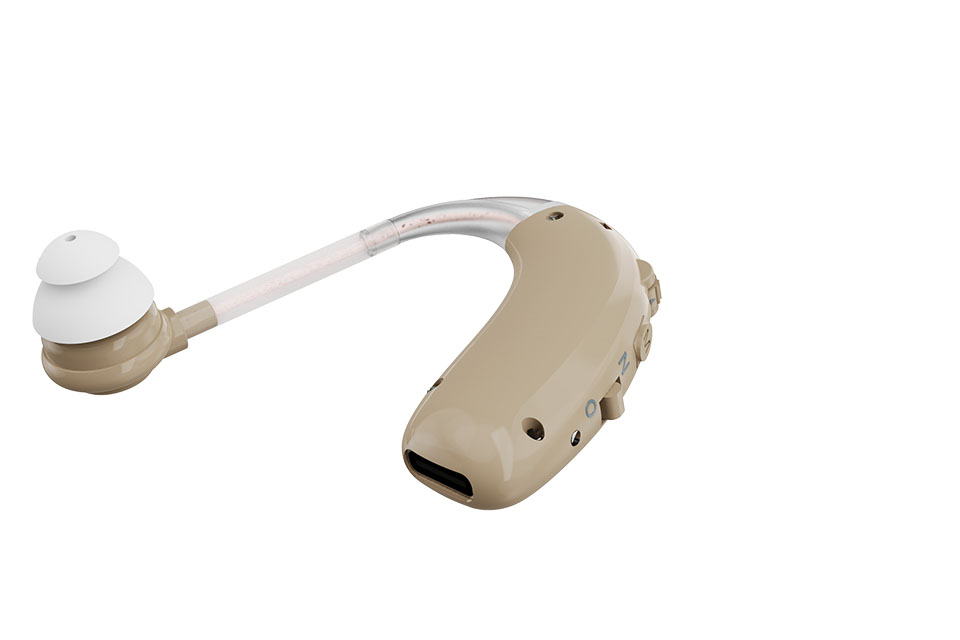
References
- National Institute on Deafness and Other Communication Disorders (NIDCD)
- FDA OTC Hearing Aid Final Rule
- Consumer Reports Hearing Aid Buying Guide
- Centers for Disease Control & Prevention (CDC)
Start hearing the world more clearly. The power is in your hands—no doctor visit needed. Make the smart choice for easy, quality, and affordable hearing care with the best in the business.

